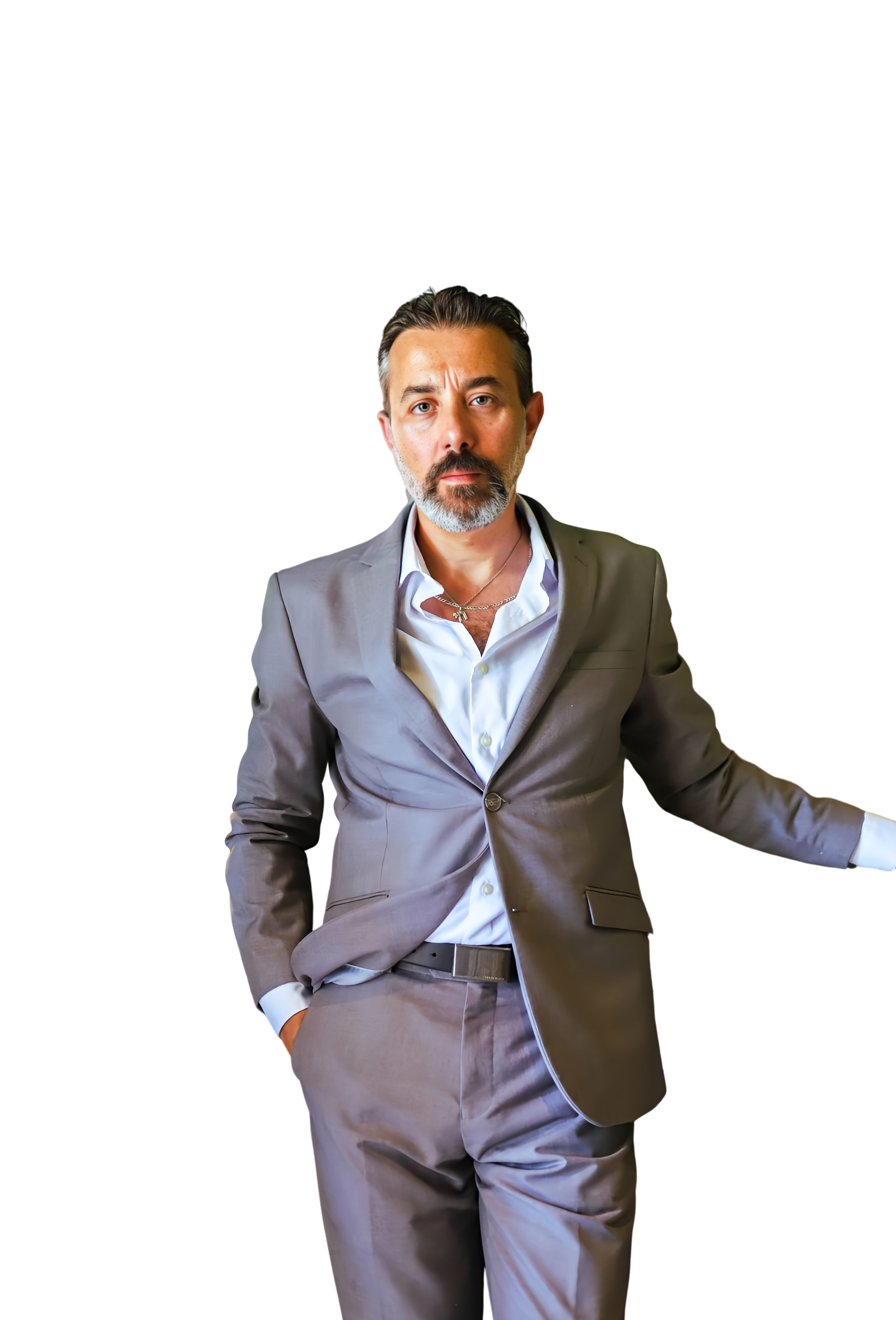The Trap of the Familiar
- Ethan Starke
- Nov 5, 2025
- 3 min read
Updated: 3 days ago
Why We Cling to Roles We’ve Outgrown
There’s a strange grief that comes with success.
Not because something failed, but because something worked too well for too long.
You became good at what you do. Maybe even excellent.
People respect it. They reward it.
The world knows you as it.
And now… it’s starting to feel tight.
Like clothes that once fit like armor, now suffocating.
Like a role you rehearsed until it became real and now it’s too real to break.
That’s the trap of the familiar:
You build an identity to survive or succeed… and one day, it becomes the very thing holding you back.
This is the invisible friction many high performers feel but rarely name.
Not burnout. Not boredom.
The quiet truth that you’ve outgrown the life you built.

When Mastery Becomes a Mask
We reward consistency.
We idolize expertise.
We teach people to niche down, stay in their lane, and “own their brand.”
And yet the most alive people you know?
They keep changing. Quietly, without asking permission.
What if the thing you’re resisting isn’t change… it’s the unraveling of a version of you that no longer makes sense?
You’re not lost. You’re shedding.
Not failing. Evolving.
But there’s a cost to this kind of growth:
You must disappoint the version of yourself everyone still expects.
Case Study: Immunity to Change by Kegan & Lahey
In Immunity to Change, Harvard psychologists Robert Kegan and Lisa Lahey outline a paradox:
The more successful you become in a certain way of being, the more your subconscious resists changing it, even when it no longer serves you.
Why? Because the role protected you.
It gave you certainty. Identity. Leverage.
Their framework shows how people unconsciously compensate for growth threats by doubling down on the old operating system.
You want to evolve, but a hidden part of you whispers:
“Don’t ruin what’s working.” “Don’t become someone your world won’t recognize.”
And so, you stay…In the relationship that feels misaligned.
In the business model that drains you.
In the leadership style that worked for 2018 but not for who you’ve become.
The Problem with Staying Too Long
The longer you stay in a role that no longer matches your inner truth, the harder it becomes to leave.
Not because it’s safe. But because it’s loud:
Loud with expectations.
Loud with legacy.
Loud with obligation.
You start to mistake being seen for being aligned.
Applause becomes your prison.
And excellence becomes a loop that never opens into expansion.
Clarity Isn't About the Next Role. It’s About the Truth
When you realize you’re in a familiar trap, the first instinct is to search for the next role.
The next pivot. The next identity to try on.
But here’s the truth most people miss:
You don’t need a new mask. You need space.
Space to ask:
What am I holding onto because it makes me visible?
What role have I become addicted to playing?
What permission am I still waiting for before I shift?
You’ll feel tempted to repackage the old version of you with better colors.
But if you’re brave enough to sit in the in-between, the edge zone, you’ll find something else:
Your actual instincts.
Not the conditioned ones.
Not the branded ones.
The deeper, quieter signal that only emerges when clarity has altitude.
Final Thoughts
You don’t owe loyalty to an outdated version of you.
And success doesn’t mean staying static.
The real work?
Learning to leave roles that worked when they stop working for you.
Not with shame, but with precision.
Not with fear, but with instinct.
Not with a need to explain, but with the clarity to choose again.
You don’t evolve by adding more.
You evolve by releasing what no longer holds altitude.
That’s how you stay sharp.
That’s how you fly higher.




